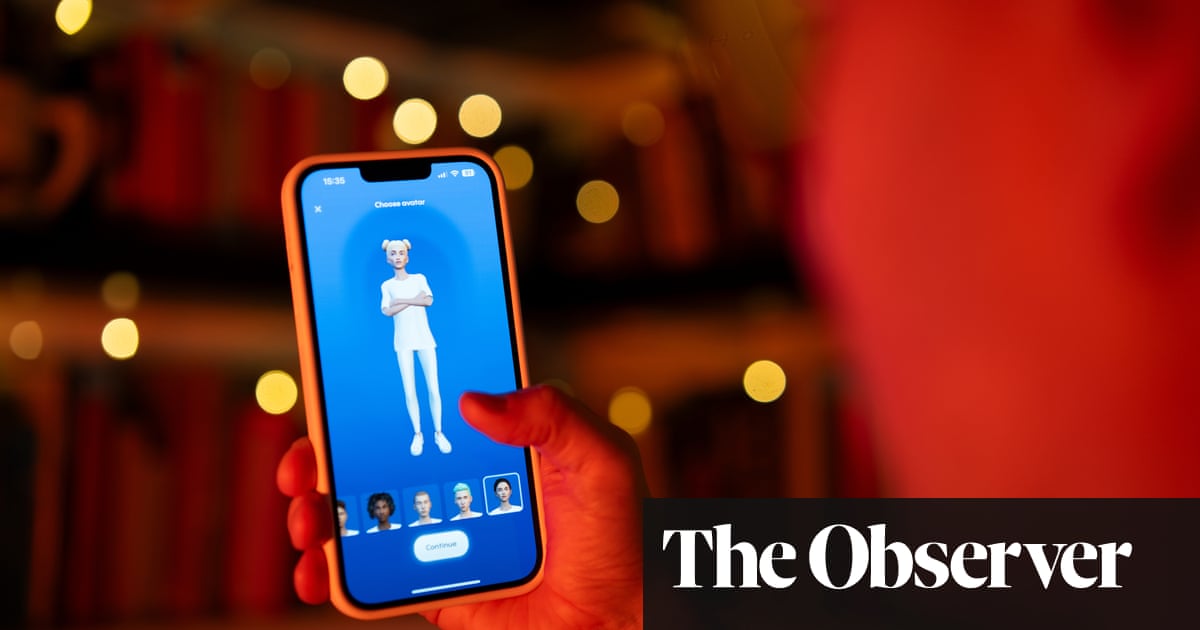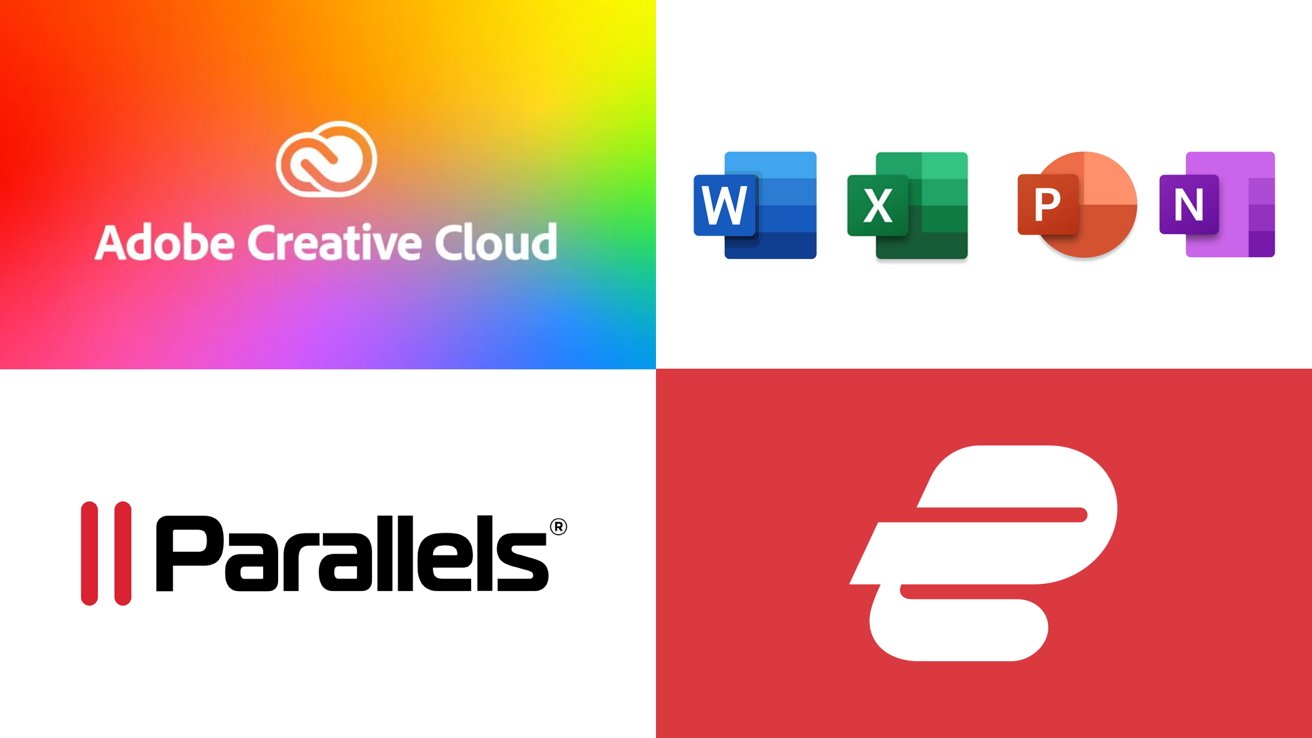Elon Musk is painting a clear picture of what he says is ahead if Donald Trump appoints him to lead government efficiency efforts. Musk told voters to expect some “temporary hardship” as he aims to drastically reduce federal spending, a role Trump has floated if re-elected. Musk said cuts would be so broad that “everyone’s going to have to take a haircut,” and he’s already predicting pushback, calling it a necessary path to “long-term prosperity.”
Don’t Miss:
Musk’s vision involves cutting about $2 trillion from the federal budget, which he discussed during Trump’s New York rally, echoing his commitment to aggressive cost-cutting tactics seen at his companies. He believes trimming down government spending can keep the U.S. from what he controversially described as “going bankrupt.” Critics, however, point to Musk’s own federal contract revenue — his SpaceX has received around $19 billion in government funds — and question how cuts would affect his ventures.
Experts are mixed on the feasibility of such deep cuts. Unlimited Funds’ CIO Bob Elliott calls Musk’s plan “totally implausible,” given it could nearly eliminate all discretionary funding, according to NBC News. Musk’s predictions of economic “hardship” if Trump implements these policies have fueled concerns on Wall Street, with many fearing potential inflationary pressure.
See Also: Warren Buffett once said, “If you don’t find a way to make money while you sleep, you will work until you die.” These high-yield real estate notes that pay 7.5% – 9% make earning passive income easier than ever.
Adding to Musk’s vision, he expressed concerns about “wasteful spending,” comparing government budgets to “a room full of targets.” He suggests even small reductions could ease the national debt, but economists question the practicality of Musk’s proposal, estimating it would require slashing nearly all discretionary spending. Programs like transportation, education, and environmental efforts could see drastic cuts, sparking significant public backlash. Musk admits he might need “a lot of security” due to potential public frustration.
Critics are skeptical of the plan’s scale and wary of Musk’s influence on federal spending. Notably, SpaceX, one of Musk’s ventures, has drawn billions from government contracts. FedScout research shows that since 2008, SpaceX has received over $19 billion in federal funding, with expectations to secure billions more in the coming years. Some point out that Musk’s role in cutting spending might include choices affecting sectors he benefits from and raise potential conflicts of interest.









